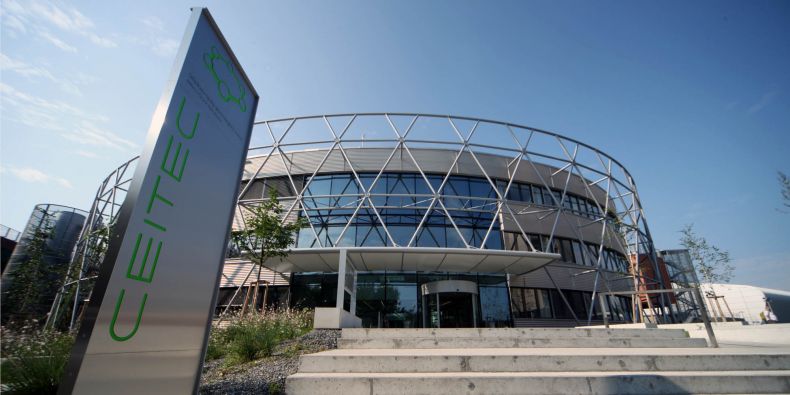For the second time, Masaryk University students have been successful in The Undergraduate Awards competition, often referred to as the “junior Nobel Prize”. Hana Sedláčková was the overall winner of the Life Sciences category two years ago and last autumn, her colleague Tereza Gerguri followed in her footsteps when she was placed among the “highly commended” young scientists in the same category.
She succeeded with her thesis on the kinetics of homologous recombination in meiosis in a tough competition between students from all over the world. In a nutshell, her thesis deals with DNA research and cancer-related changes in DNA.
“My research focused on how certain enzymes ensure the transfer of genetic information to our gametes, which are often referred to as sex cells. If these enzymes are damaged, the genetic information is not transferred properly during sex cell division. This may lead to ovarian or breast cancer and possibly also to infertility,” says Gerguri about her thesis.
She adds that she only used a small part of her lab research, conducted under the supervision of Associate Professor Lumír Krejčí, in her bachelor’s thesis. At grammar school, she was initially interested in astrophysics until she took an optional and highly insightful biochemistry class.
As she says, “It matched some university-level lectures, which might have been one of the reasons I became fascinated by biochemical research and was inspired to study this field.”
Even though she is not naturally competitive, she was persuaded to enter her thesis into the prestigious competition – and she has no regrets about that. “In this sort of competition, you represent your country as well as your university and your specific lab,” says Tereza, adding, “In my opinion, it’s a pity that relatively few Czechs took part because there are many excellent young scientists at Czech universities, whose research is of very high quality.”
She is happy that her thesis placed her in the top 10% in the Life Sciences category and wants to continue with her research. However, she has decided to explore other ways of studying this area. In recent years, her interest in research ethics has grown and, at the same time, she started looking for a more structured perspective of this topic. This has led her to computer simulations, as this method offers exactly what she has been looking for.
She would like to continue with both her studies and her research. I have limited most of my hobbies to be able to focus on my research but I try not to neglect active relaxation,” concludes Gerguri, adding that not only internal motivation but also the ability to switch off are important requirements for research.
